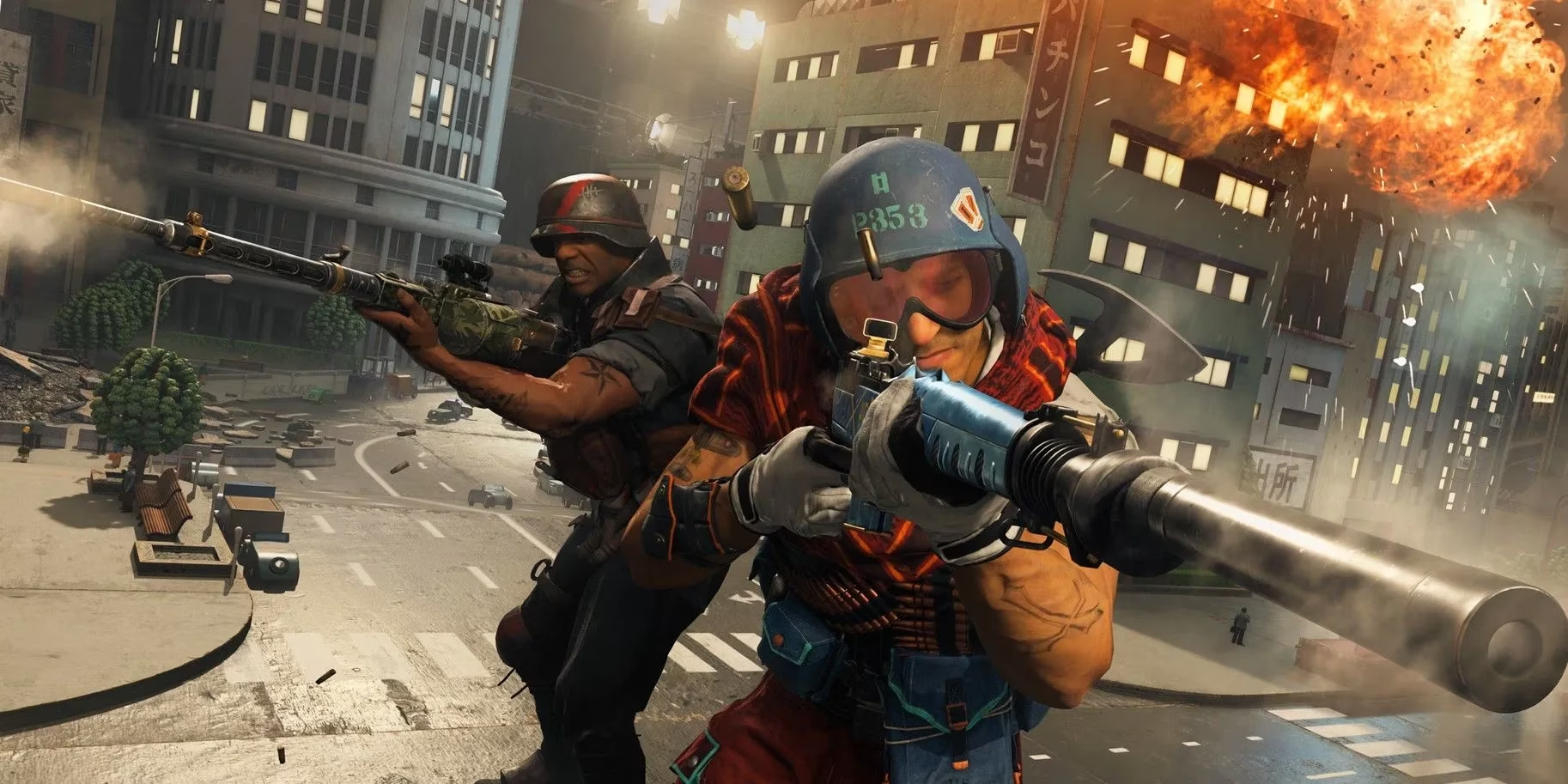As I examine Activision Blizzard's turbulent journey through my gaming lens, the once-unshakeable titan now resembles a Jenga tower missing critical blocks. The 63 million monthly active users vanished into thin air since 2024 – a hemorrhage that would make even Battle Royale champions sweat. This isn't just about lagging sales; it's the crumbling of an empire where Call of Duty served as the cornerstone since the 2008 merger. When Warzone launched as a free-to-play revolution in 2020, revenue rivers flowed like loot drops in a supply crate. But today? The quarterly reports read like a defeat screen: 18% revenue drop from last quarter, 22% year-over-year decline – the worst since pre-pandemic 2019. Microsoft's $68.7 billion acquisition lifeboat finally docked in 2023, but navigating these waters requires more than corporate reshuffling.

The Unraveling Playbook
Three critical failures turned victory into defeat:
-
💥 Warzone's "lower engagement" (corporate speak for player abandonment)
-
🎮 Vanguard's disastrous sales, becoming the franchise's equivalent of a misfiring pistol
-
🚨 Ongoing reputational damage from lawsuits alleging toxic workplace culture
The numbers sting harsher than a poorly aimed flashbang:
| Metric | Decline | Equivalent Loss |
|---|---|---|
| Monthly Active Users | 63 million | Entire population of France |
| Quarterly Revenue | 18% | $500 million |
| Annual Revenue | 22% | $1.3 billion |
Microsoft's Turnaround Gambit
Post-acquisition, the Xbox architects face rebuilding trust brick by brick. The upcoming Modern Warfare sequel promises the "most advanced experience" – a phrase that rings hollow when core fans feel like beta testers for rushed releases. Yet hope lingers like respawn timers:
-
🔄 Warzone 2.0's overhauled mechanics
-
🤝 Cross-platform integration with Game Pass
-
🛡️ New anti-cheat systems banning 500K+ accounts monthly
People Also Ask
🔍 Why did players really abandon Call of Duty?
Beyond corporate metrics, communities cite recycled content and predatory monetization – like paying for ammo in a zombie apocalypse.
🔍 Did workplace controversies impact game quality?
Developers under siege create hollow experiences; talent exodus turned creative fuel into vapor.
🔍 Can Microsoft restore the magic?
Only if they prioritize passion over profit margins – treating gamers as comrades, not wallets.
The Fragile Future
This franchise now balances on a highwire stretched between nostalgia and innovation. Each new release feels like defusing a live grenade – one wrong move triggers catastrophe. Microsoft must recognize: player trust erodes like sandstone in acid rain, but rebuilds glacier-slow. When corporate suits treat gaming legacies like disposable razor blades, the hemorrhage continues.
🌟 Food for thought: If you could reboot Call of Duty's development philosophy, what core principle would you engrave in the foundation stone?